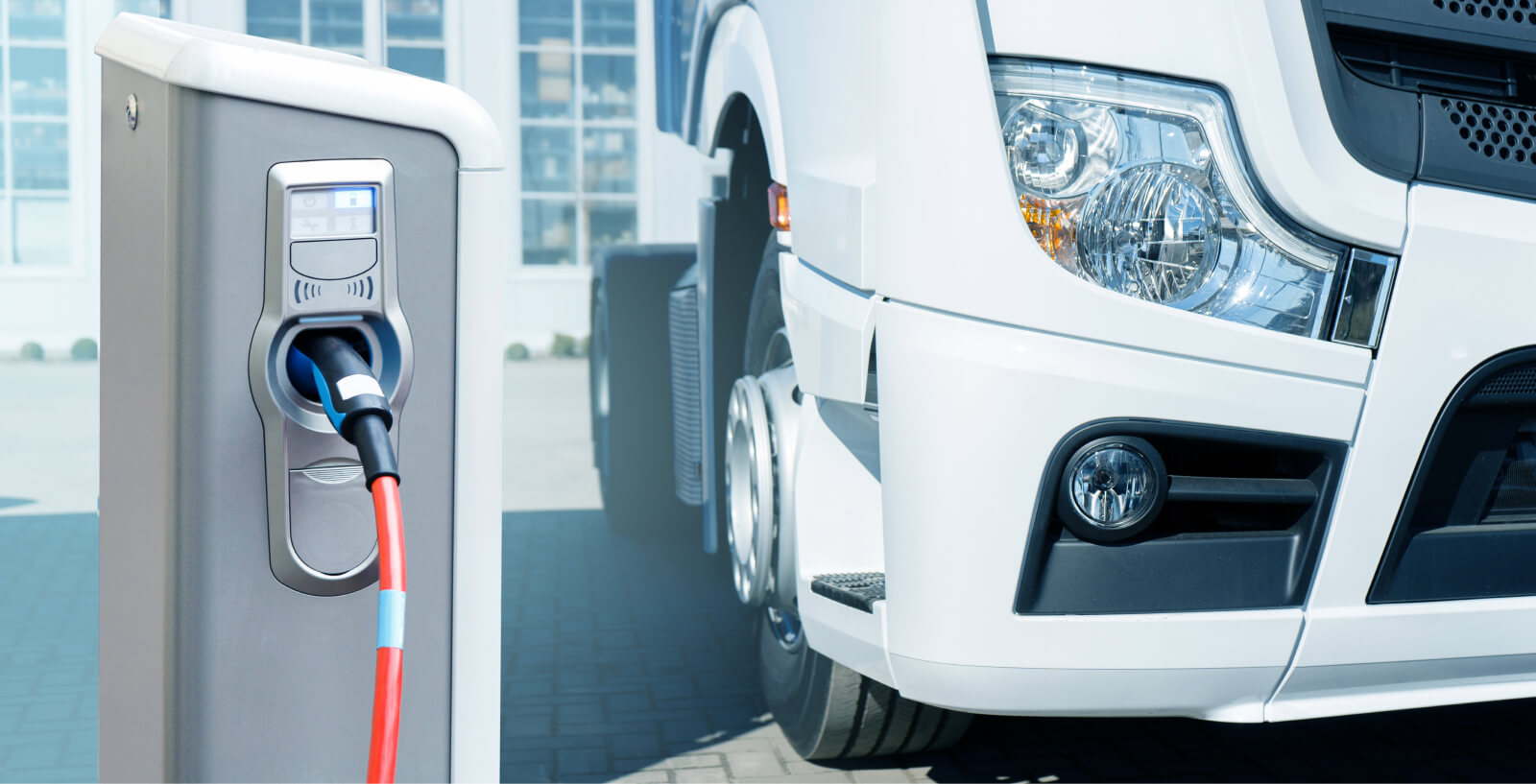
Over the past two weeks, the 26th-annual Conference of the Parties, or COP26, convened in Glasgow, Scotland. The latest in a long line of United Nations Climate Summits, COP26 was many things to many people. It’s been called the “last, best hope” to save our planet. It offered a dire warning, broadcast amid images of fire and flood that have become all too common in recent years. It was at once a strident call for the leaders of the world to finally take action — and also a message of hope, a signal for the world to come together.
Above all, however, COP26 carried a message that sustainability can no longer be left to political leaders alone. “We cannot rely only on governments, NGOs and philanthropies to solve the climate crisis,” said Amazon Founder Jeff Bezos during his address to the assembled delegations. “The private sector must also do its part to reduce carbon emissions. Companies need to take leadership positions.”
As we’ve written in the past, taking responsibility for our shared environment is not just good for the planet — it’s good business as well. According to Nielsen surveys, 81% of global consumers feel strongly that companies should help improve the environment. And as the world warms, more businesses will be vulnerable to climate-related events like the flooding seen earlier this year. The bottom line is this: If companies want a world to be doing business fifty years from now, they need to take action today.
Sustainability can mean different things to different organizations. For some, it means the transition to electric vehicles and innovation around new zero-carbon manufacturing processes. For others, it means moving toward energy-saving appliances and less wasteful packaging.
One imperative is nearly universal, however, for any company looking to reduce its social and environmental impact: the supply chain. From reducing transportation emissions to optimizing reverse logistics strategies to joining the circular economy, building sustainability into the fabric of any organization begins with the supply chain.
“The reality of today’s global supply chains means that industry transition will affect every country and every producer in the world,” said Prince Charles of Wales during his COP26 opening address. “There is absolutely no doubt in my mind that the private sector is ready to play its part and to work with governments to find a way forward.”
Unilever is a multinational consumer goods company responsible for over 400 global brands, including Dove, Lipton and Ben and Jerry’s ice cream. This year, they were also a Principal Partner of COP26, and a powerful voice for the role businesses must begin to play in cutting carbon emissions. For a company large enough to reach 2.5 billion consumers each day, the key to curbing carbon footprint is data, and lots of it.
“We’re at the end of the chain,” said Chief Supply Chain Officer Marc Engel during Unilever’s COP26 panel. “And all of the issues, in nature or human rights, are from what we call the first mile of the supply chain.” For Unilever, having an end-to-end window into what’s going on at all levels of the supply chain, from the first mile to the last, is critical to ensure that the changes they make to their business actually have the desired effect.
“When you integrate all of that data, all of a sudden you don’t need to rely on certification alone,” said Marc Engel, Unilever’s Chief Supply Chain Officer. “It’s an absolute game-changer, because it moves you away from observing the problem after it’s happened…It allows you to take action as it happens and when it happens.”
The critical thing that any business needs to do is to know what its impacts are. Businesses need to set targets that scare them. What are your carbon emissions? How much single-use plastic is involved in your business? What’s the impact on water? What’s your impact on biodiversity? We’re not separate from nature, we’re a fundamental part of it. In order to have any kind of future, what you need to do now is act.
As with any major business challenge, the solution to climate change begins with understanding the problem, and implementing the solution. The FourKites Sustainability Dashboard, for example, has already helped hundreds of the world’s largest companies better understand the environmental impact of their supply chains. Some of those companies have even begun to use that insight to directly eliminate empty miles and partner with sustainability-focused carriers. As was said time and time again over the past two weeks: We can do this. We have the technology. All we need now is the will.
What leader doesn’t want to preside over a company that will still be around ten, twenty, or even fifty years from now? For all those who do, the time for change is now. Sustainability is not just about world leaders anymore. It’s about all of us. And it’s time for us to get to work.